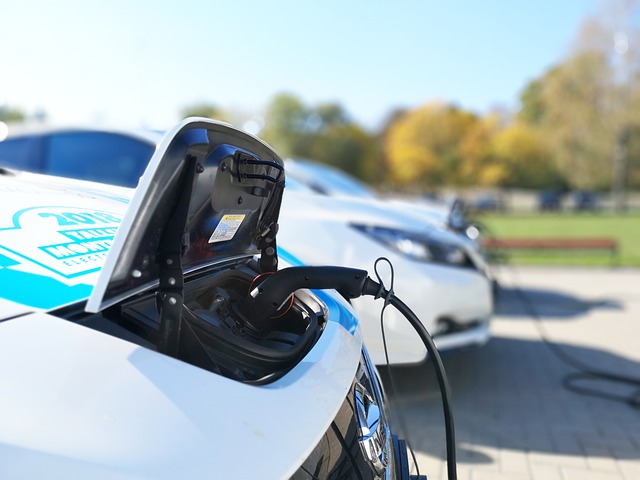
Electric vehicles (EVs) represent a significant shift in automotive technology, focusing on sustainability and efficiency. Understanding how often to charge an EV is crucial for potential owners and reflects one of the most significant differences from traditional internal combustion engine vehicles.
Charging Frequency and Distance Range
The frequency of charging an electric vehicle largely depends on its battery size and the owner’s driving habits. Most modern EVs come with a range that can cover daily commuting needs without daily charges. For instance, average EVs on the market today offer ranges from about 150 miles to over 300 miles on a single charge, which means many drivers could go several days without needing to plug in, depending on their daily mileage.
Variations Across Different Models
The specifics of charging can vary significantly between different models and manufacturers. For example, luxury electric cars might offer longer range but could require longer charging times or more powerful charging stations. In contrast, more compact models may charge faster but offer a shorter driving range. Understanding the specifications of your particular EV model is essential for managing charging routines effectively.
Charging Practices and Battery Health
Charging habits can also impact the longevity and health of the EV’s battery. Most manufacturers recommend keeping the battery between 20% and 80% charged to optimize battery life. Frequent full charges can strain the battery and potentially reduce its lifespan over time. Conversely, letting the battery run too low regularly can also degrade its capacity.
Environmental and Usage Impacts
Charging needs may also vary with environmental conditions. For example, battery efficiency can decrease in extremely cold weather, necessitating more frequent charges. Additionally, the use of in-car features like air conditioning or heating can also reduce range and increase charging frequency.
Conclusion
Electric vehicles offer an exciting glimpse into the future of transportation, emphasizing efficiency and reduced environmental impact. While EVs do require a shift in how drivers think about “fueling” their cars, the convenience of home charging and an increasing number of public charging stations continue to make EVs an attractive option for many. Understanding and adapting to the charging needs of your EV will ensure you enjoy all the benefits of electric driving with minimal disruption to your routine.

